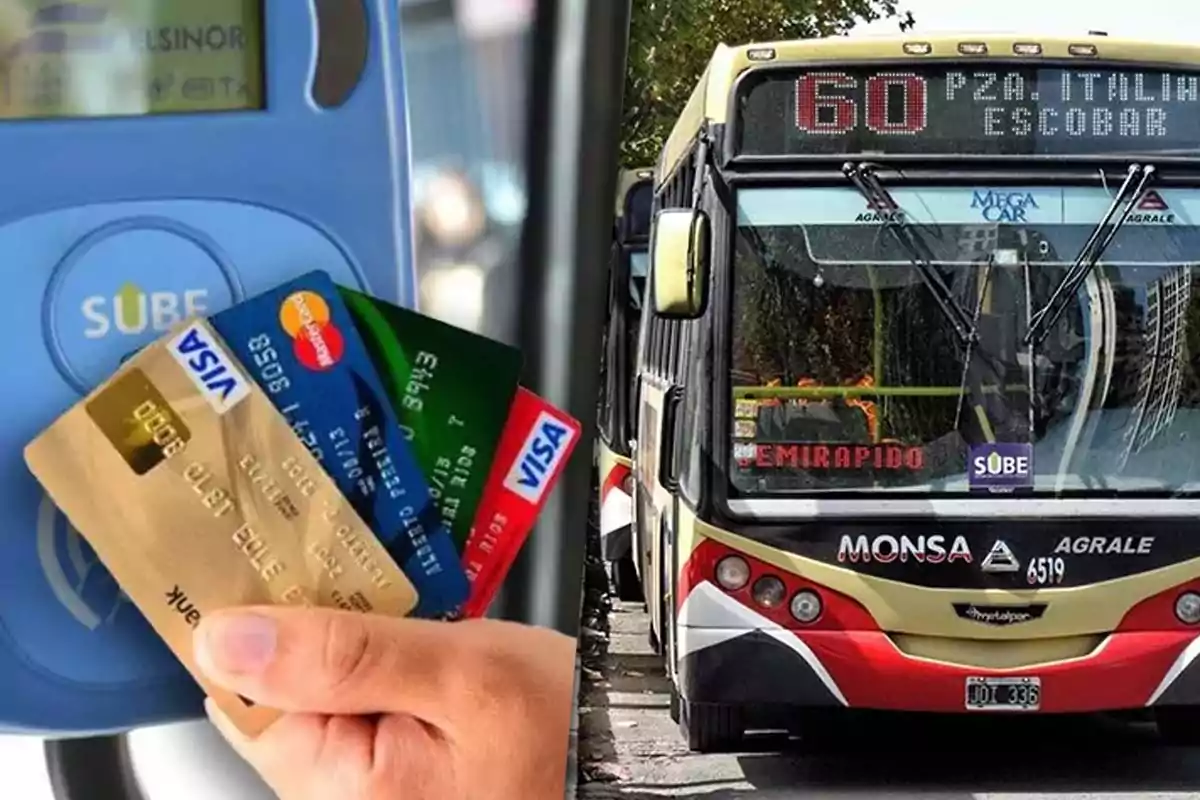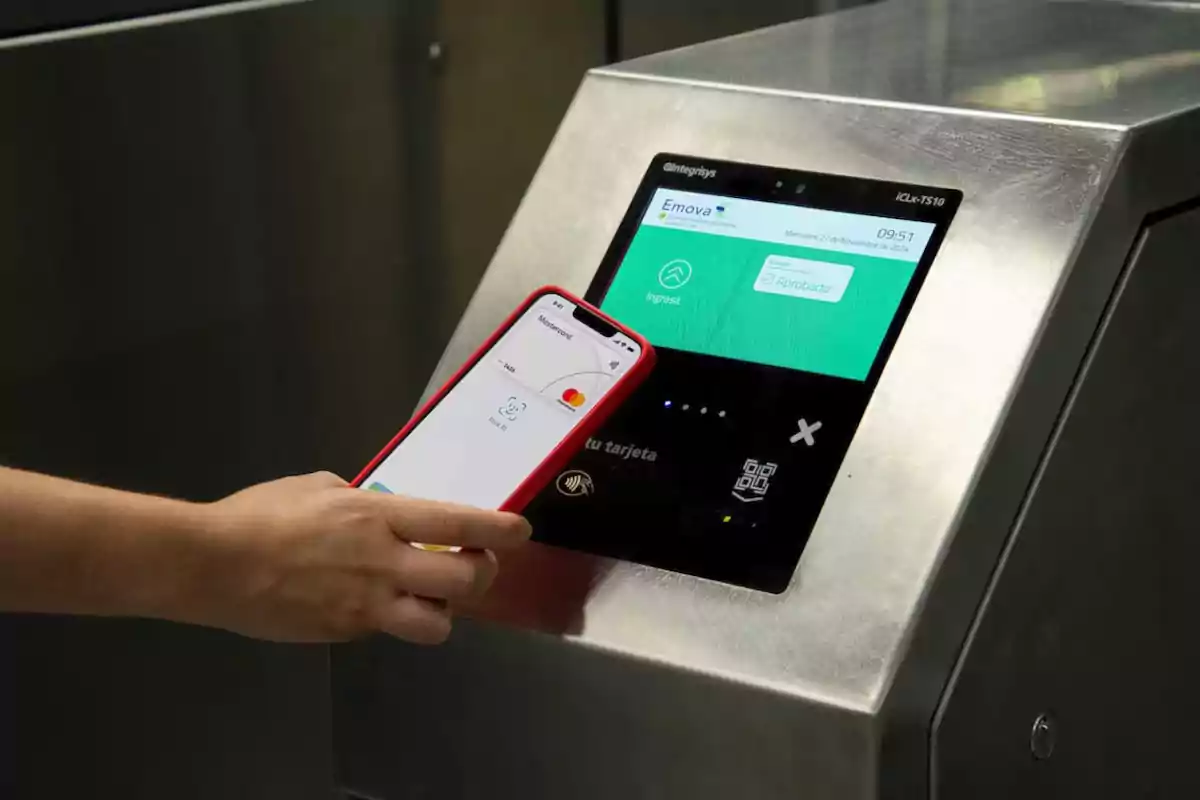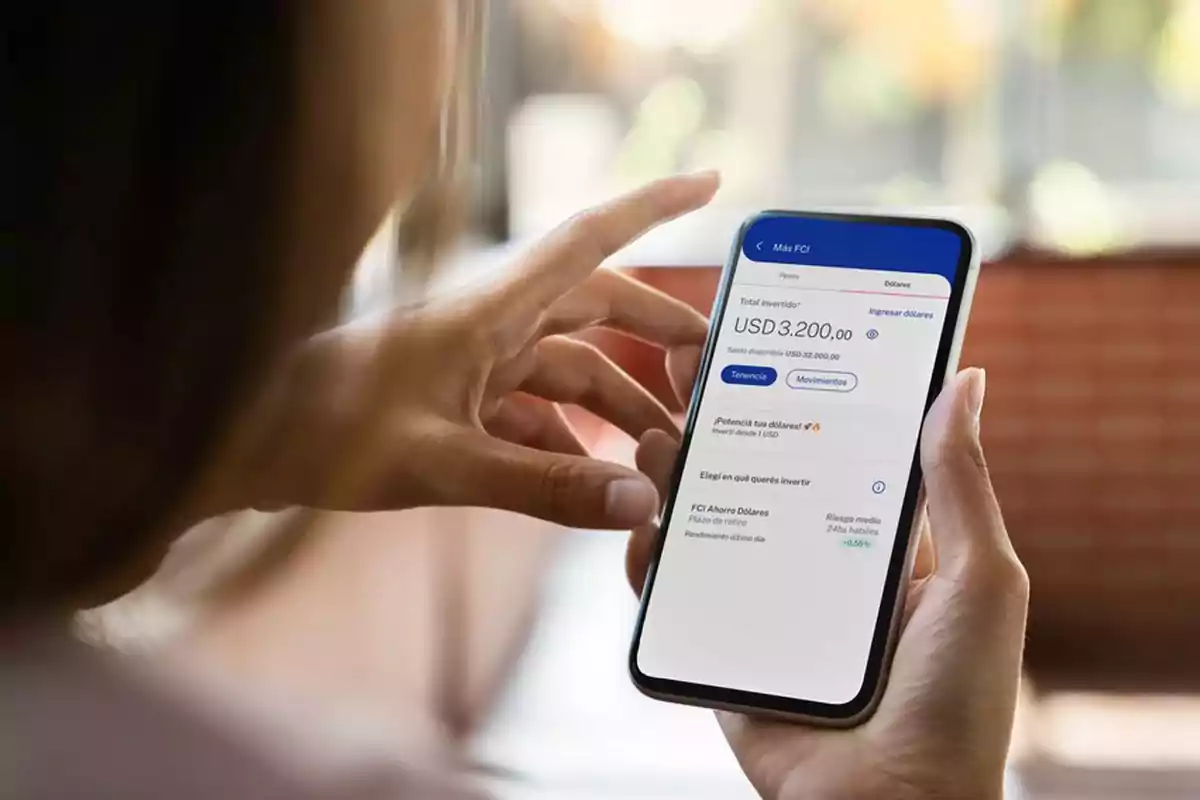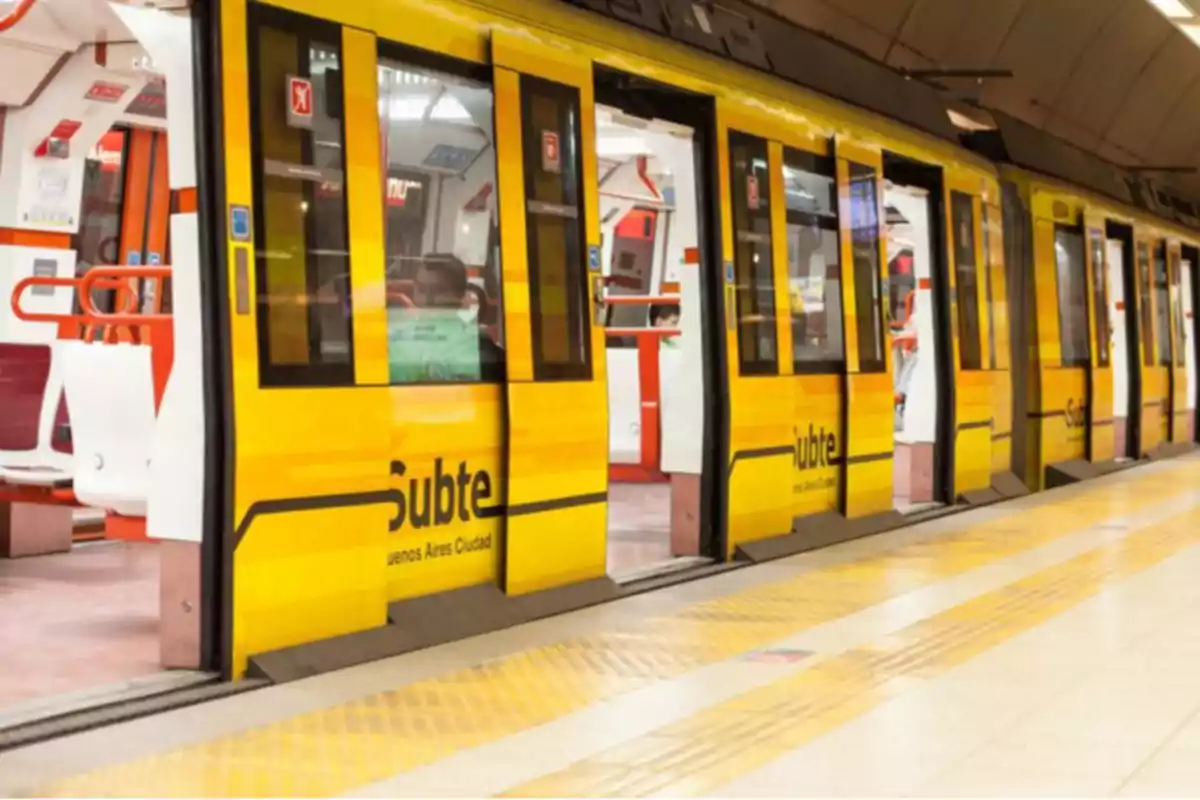
Contactless payments in public transportation with cards and cell phones are on the rise
NFC is gaining ground in transportation and retail. Eight out of ten in-person payments are now contactless
The use of contactless payments with cards and cell phones is growing steadily in Argentina. The opening of payment methods in subways and buses has boosted the trend, joining a global phenomenon.
NFC (Near Field Communication) technology is gaining ground in in-person purchases, both with plastic cards and digital wallets. Industry data show a significant leap in its adoption.

Eight out of ten payments are already contactless
At Payway, they reported that 80% of in-person transactions at their terminals are already made with contactless technology. In addition, NFC accounts for more than 45% of the total transaction volume.
Meanwhile, at Fiserv, they indicated that in July, 25% of their transactions were NFC, with sustained growth compared to the previous year. "The evolution is remarkable and the trend continues to rise," they stated.
Ualá: the cell phone as a payment method
At Ualá, owner of Uilo bank, they confirmed that 16% of in-person purchases are already made from cell phones, just three months after enabling Google Pay. Public transportation leads usage, with 40% adoption.

Sectors where NFC is most used
- Public transportation: 40%
- Supermarkets: 39%
- Fast food: 35%
- Restaurants: 24%
Transportation, a key driver of growth
According to Sbase, in June, 36% of subway trips were paid for with new alternatives. 30% were with contactless cards or cell phones and 6% with QR code.

A global wave that keeps growing
Worldwide, contactless payments have grown by more than 50% since 2020 and in several European countries exceed 85% of retail payments, according to Accenture. Watches and other wearables are also joining the trend.
Challenges for the Argentine market
Specialists highlight the need to continue promoting the method, strengthen security, and simplify the payment experience. In addition, promotions and benefits are key to attracting new users.
At Ualá, they admit that 4 out of 10 users tried the system because of a discount. However, they emphasize that convenience is what ensures its frequent use in the long term.
More posts: